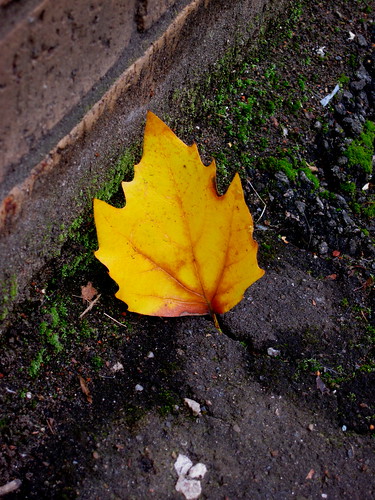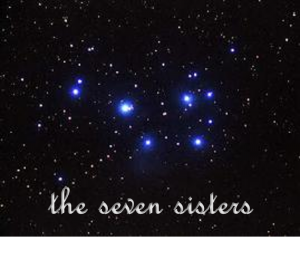
The OED explains that the “arlequin,” is, a. A character in Italian comedy, subsequently in French light comedy; in English pantomime a mute character supposed to be invisible to the clown and pantaloon; …he usually wears particoloured bespangled tights and a visor… (In reference to quot. 1590, it may be noticed that the arlecchino is said, in Italian Dictionaries, to have originally represented the simple and facetious Bergamese man-servant. Cf. the stage Irishman.). Meant to be many amusing things – the arlequin is part of the fun, a figure to be made fun of, and a “funny” racial minority – Irish, if one is English, or, if one is Italian, Bergamo (a province in the state of Venice), a people ridiculed as clownish in manners and dialect by, among other famous folk, Shakespeare in 12th Night. Clowns. Based on real people.
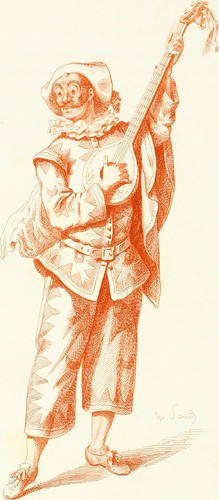
The image to the left here dates from 1862, and was printed on the program for a theater troupe. So amusing, those eyes. Those exaggerated eyes remind me of blackface, actually. Punch, the viciously violent, wife-killing puppet from the Punch & Judy Victorian plays – started out as a harlequin called Pulcinella – with those same exaggerated eyes, the emphasized nose, and those hilarious murderous tendencies. Hah-hah, he’s subhuman, that Punch. Hah-hah, what a clown. The French sculptor responsible for this 1879 image, Charles René de Paul de Saint-Marceaux, recreated it in myriad forms – clay, bronze, marble, small, large, plain, painted. The arlequin is an eternal figure of fun, after all.
Which helps me understand that humor – and all things – change over time.
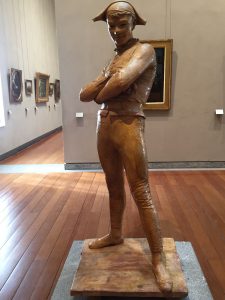
As I looked at this image Kelly chose for us this month, I did some freewriting, and produced words like romance (because my mind is ever with the Harlequins, I guess) smirk, insouciance, cheek, hidden, obscure, veil, misunderstood, concealed, suppressed – and a few more in that vein. I found that I was reacting mostly to his mask… apparently because, Mask = Somehow Not Good. Additionally, here’s this dude standing, arms crossed, stance wide, looking down – maybe in that down-then-up eye-flick thing that people do once they’ve looked you over and found you wanting. Flick. Dismissed.
Ugh.
Ugh on two fronts, really. I mean, REALLY, Tanita? All this angst? I keep rolling my eyes at myself for reading SO MUCH into a piece of artwork, but – well, ekphrasis by definition means description – and I’m describing, I guess, how this artwork makes me feel at first blush – granted, against the backdrop of everything else going on in the world that’s getting into my “feels.” Look at him, standing there. I’m ready to laugh with the joke. Resigned, equally, to being the joke. I’m uncomfortable, yes… but could he be, too?
Digging deeper past our first flinch responses is what creates a higher consciousness in the human animal than in the average mammal. I know I had to think deeper than my first response – often – when I was teaching. So, this poem goes out to all my clowns, all my little smirkers, and fast-talkers, the cocky little turkeys who drove me nuts with their attention-seeking — dragging the attention of the class from the lesson and onto them with their constant caprices and blethering. Did you derail the lesson because you couldn’t understand, and were afraid to ask…?
Come, be brave, my lads, my ladies. Take off the mask.
NOTES TO A MALAPERT
FACING MIDTERM REPORT CARDS
Imperfect paste, insouciance, affixing scorn to sneering mask
And closing minds to fresher things – for it ASSUMES and does not ASK.
Assumption traps the imprecise, beguiles wit to buffoonery
It builds a faith in rank surmise and makes “an ass” a guarantee.
Incorrigible, too cute to care that laughter only lasts so long
Consider that the spotlight’s gaze may soon become your siren song —
Ask, knock, and seek – old-fashioned tasks – find facts the proven way
Don’t stand and smirk and “guesstimate” – and lead yourself astray.
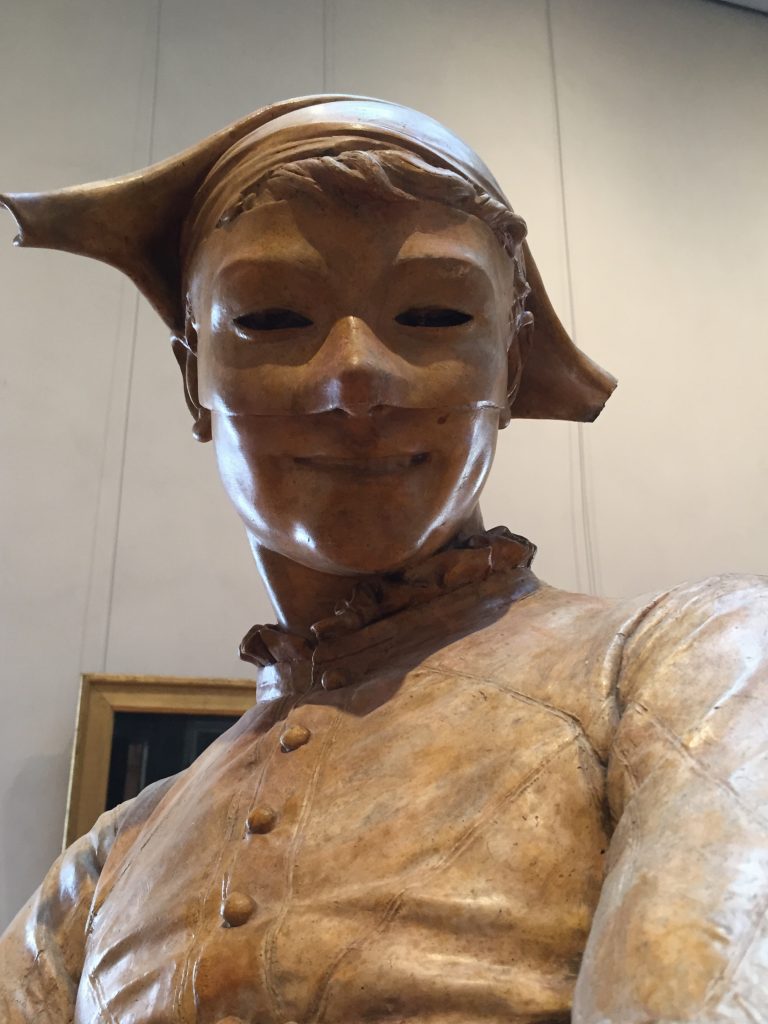
You’ll not want to miss the rest of the gang who could make it this week. We wave and blow kisses to Andi, under her pile of blankets this week, but Sara starts us off with wondering what this guy’s up to. Laura’s pretty sure she already knows. Liz remembers him as that one guy in high school. Despite a busy week, Tricia sneaked in there, too. And Kelly – who saw the trickster first – is the cherry on top, even though she’s still working on her poem.
Poetry Friday’s roundup is hosted today by Violet Nesdoly.
